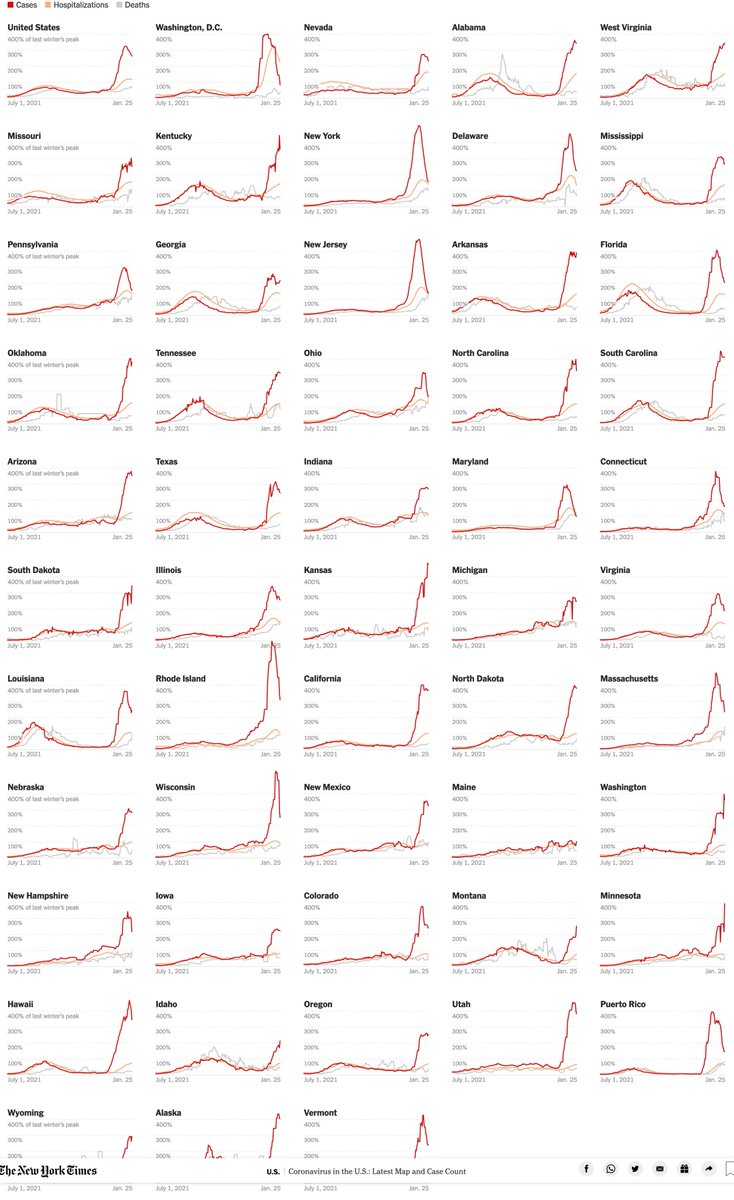Q: I am pregnant and am worried about my delivery and my mental health. Where can I turn?
A: #YouAreNotAlone. More than 20% of new mothers experience a perinatal mood and/or anxiety disorder.
A: #YouAreNotAlone. More than 20% of new mothers experience a perinatal mood and/or anxiety disorder.
Increasing evidence from top journals such as @TheLancet are telling us that the effects of #COVID19-#Isolation policies are influencing our mental health, regardless of whether we had any mental health issues prior to this crisis.
Vulnerable groups, like pregnant women, are particularly impacted. The good news is that there are many resources out there to support you at this time.
-The @BloomFoundation offers peer support for mothers (thebloomfoundation.org).
-The @BloomFoundation offers peer support for mothers (thebloomfoundation.org).
-The #COVIDー19 Maternal Well-Being Facebook group started by Dr. @PoojaLakshmin offers evidence-based information about pregnancy and the postpartum period during the pandemic (facebook.com/groups/2492372….
- @PostpartumHelp offers free support groups and helps you connect to local providers (postpartum.net, 1-800-944-4773).
-And finally, the Massachusetts General Hospital Center for Women’s Mental Health provides excellent news and resources (womensmentalhealth.org).
-And finally, the Massachusetts General Hospital Center for Women’s Mental Health provides excellent news and resources (womensmentalhealth.org).
For questions on specific policies around labor and birth, the best way to find information is to contact the facility where you plan to give birth. If you are considering a home birth, speak to your provider, as professional consensus points to risks to consider for home birth.
Most importantly, know that ensuring the health of you and your baby is important, and seeking mental health care is just as important as your physical health care. #MentalHealthMatters
#MentalhealthduringCovid19 #COVID2019 #coronavirus
#MentalhealthduringCovid19 #COVID2019 #coronavirus
• • •
Missing some Tweet in this thread? You can try to
force a refresh









